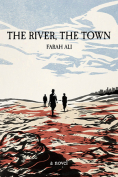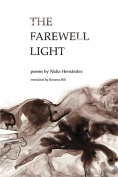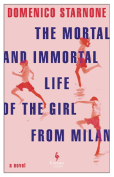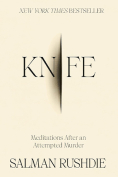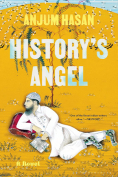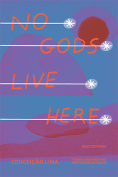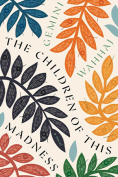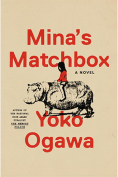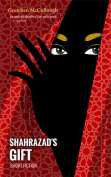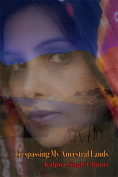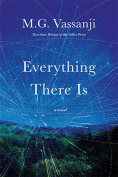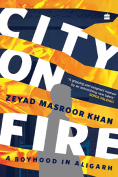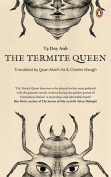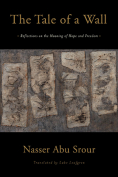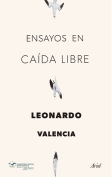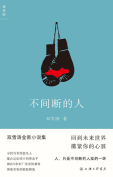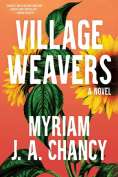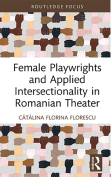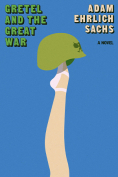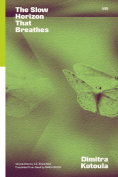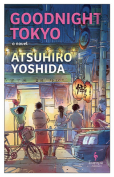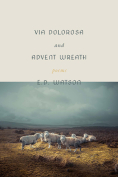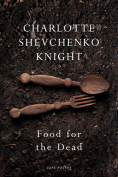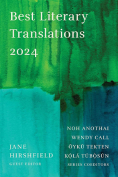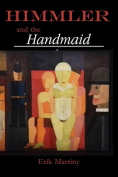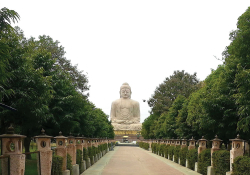Trespassing My Ancestral Lands by Kalpna Singh-Chitnis
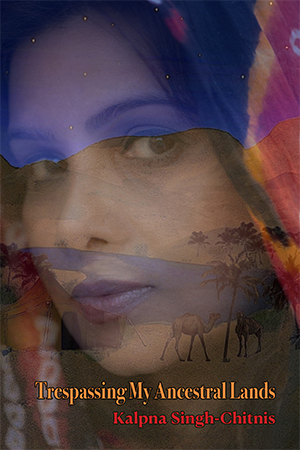 Georgetown, Kentucky. Finishing Line Press. 2024. 104 pages.
Georgetown, Kentucky. Finishing Line Press. 2024. 104 pages.
After reading Trespassing My Ancestral Lands, I’m reminded of the profound substance and lucid language of C. P. Cavafy’s poetry. In her frantic search for identity as a woman, immigrant, intellectual, and Buddhist, Kalpna Singh-Chitnis has mastered the art of weaving space and time, memory and topicality into her verses, creating a self-portrait book that resonates sometimes with the epic narratives of the Ramayana and Mahabharata. This poetic landscape seems drawn from a timeless world, reminiscent of John Keats’s assertion: “If poetry comes not as naturally as the leaves to a tree, it had better not come at all.”
A book of ravishing introspection, Trespassing My Ancestral Lands is the result of a shattering inner struggle between the memories of two “homelands” (India and America), and the new house of words that the poet builds and gives us is an experience for readers everywhere, charged with emotion through the authenticity of self-discovery, the variety of experience, and the search for truth. In each poem one feels the thrill of a life marked by the confusion and complexity of the immigrant experience and the loss of native identity. Bringing together themes of human pain, marginality, aching memory, duality and unity of love, the impact of war, and the cycles of existence, the author masterfully weaves the personal with the universal, offering a profound voice that speaks to the core of human destiny.
There is nothing artificial in Singh-Chitnis’s poetry. The poet, who is also a filmmaker, interweaves memories of her childhood and adolescence in her native land—parents, grandparents, school fellows, ancient temples, rituals, significant events—with the sacred beauty of landscapes and the bittersweet experiences of her adopted homeland, which she calls “home, away from my home” (America). Her verses, written in a common language, capture an essential ontological reality: “We inherit the dreams aborted from the eyes of our forefathers and mothers” (“Inheritance Isn’t a Matter of Choice”).
Singh-Chitnis writes like a symphony composer, where nothing is accidental. The melodic line, rhythm, and harmony inspire emotions. Dream, memory, light, and music are the essential laws that assemble her poetic universe, a genuine re-creation of our inner world. Each poem tends to have the architecture of a secret, sacred temple. To build such a temple, you need rigor and mystery, arithmetic and lyricism, simplicity and paradox:
All shapes and forms dismantle.
Each shade and color fades.
Every sound fizzles, and every touch is
meant to be void . . .
(“The Wisdom of My Ancestors”)
Though most of her poems possess a timeless aura, her acute sense of history is also obvious as she addresses global issues, showing deep empathy for the tragedies of places like Palestine, Syria, Afghanistan, Kosovo, and Kashmir: “There is no glory in a war. / Every home has a shrine. / A war cannot be defined. / It can only be lived or imagined (“War: A One Way Street”).
Singh-Chitnis has authored and edited significant works focused on Ukraine, including Love Letters to Ukraine from Uyava, which was a finalist in the 2023 International Book Awards and was translated into Ukrainian by Volodymyr Tymchuk, a poet and lieutenant colonel in the armed forces of Ukraine. She also curated and edited Sunflowers: Ukrainian Poetry on War, Resistance, Hope, and Peace, which was shortlisted for the 2023 National Indie Excellence Awards.
The poet knows one of the secrets of true poetry, empathy and identification with others: “Fear runs through my body. / The pain of the woman being flogged is familiar to my skin” (“The Daughters of the Hindu Kush”).
The burning heart of this collection of poetry, in my opinion, is the poem dedicated to all libraries and archives in the world destroyed by humans, with a focus on the University of Nalanda, the oldest in the world. The verse has a huge emotional charge:
When I grieve for Nalanda, I grieve
alone and wonder why.
The world didn’t expect me to survive.
(“The Temples of Knowledge”)
Trespassing My Ancestral Lands is a book with many memorable lines that move you and make you ponder the human condition, a story both painful and luminous at the same time, symphonic in tone, with hints of American, Indian, and Mediterranean lyrics, a successful attempt to bring back intriguing memories from landscapes and mindscapes, memory as a wounded shadow.
Constantin Severin
Suceava, Romania
